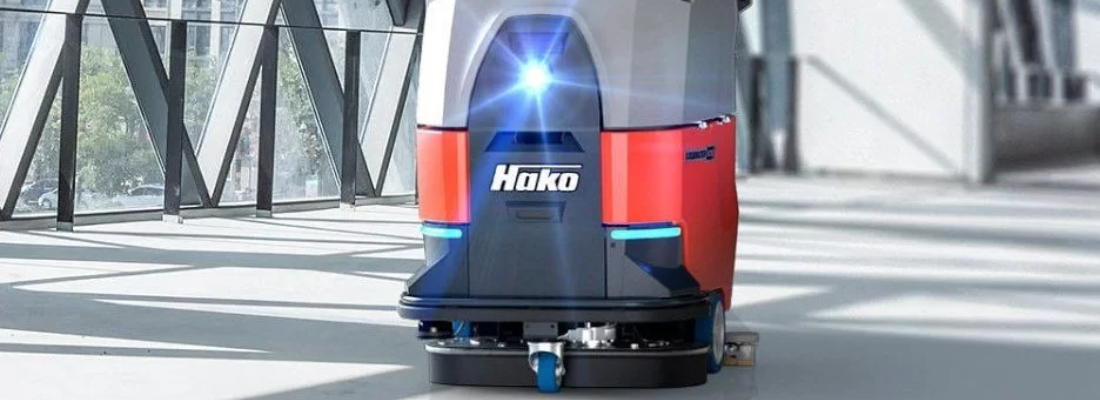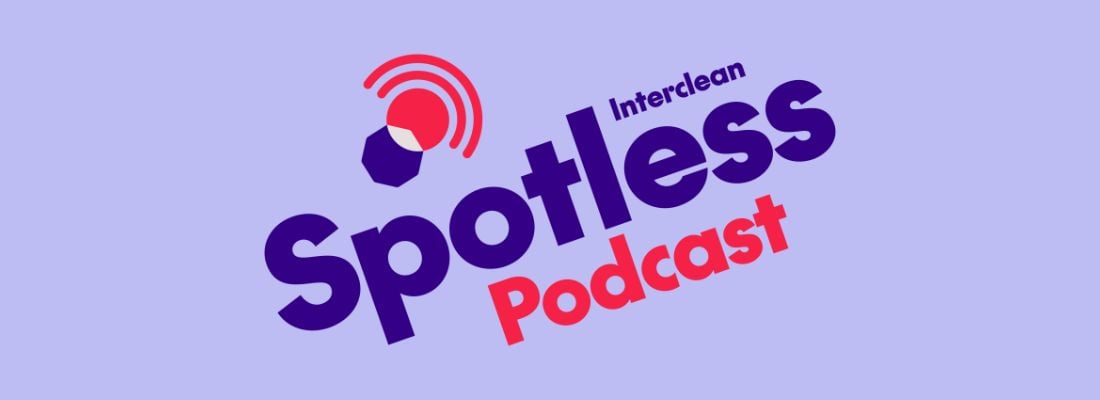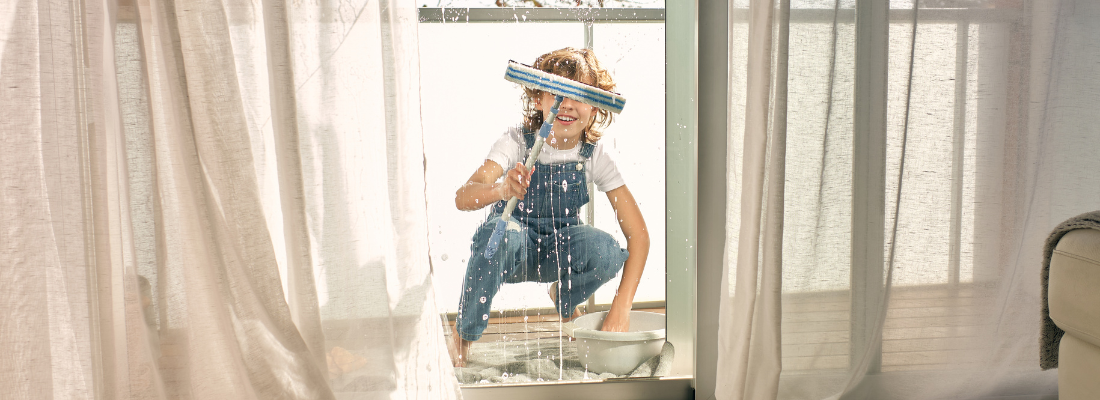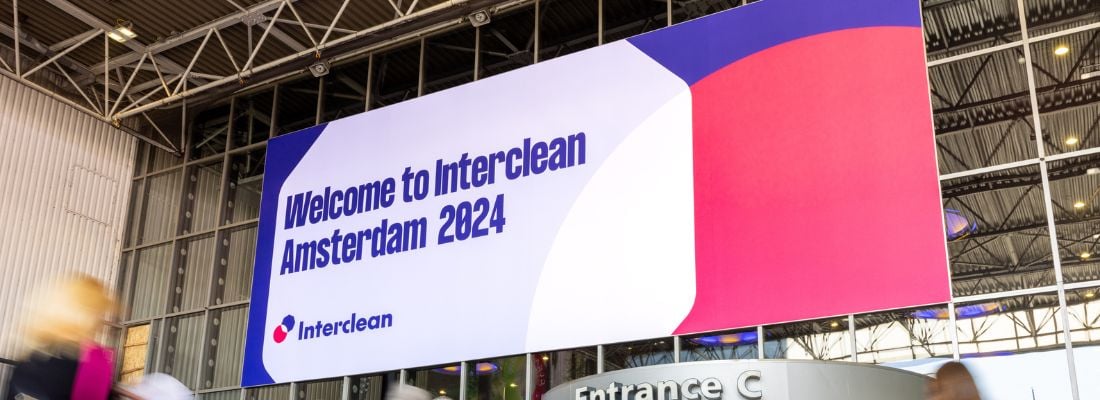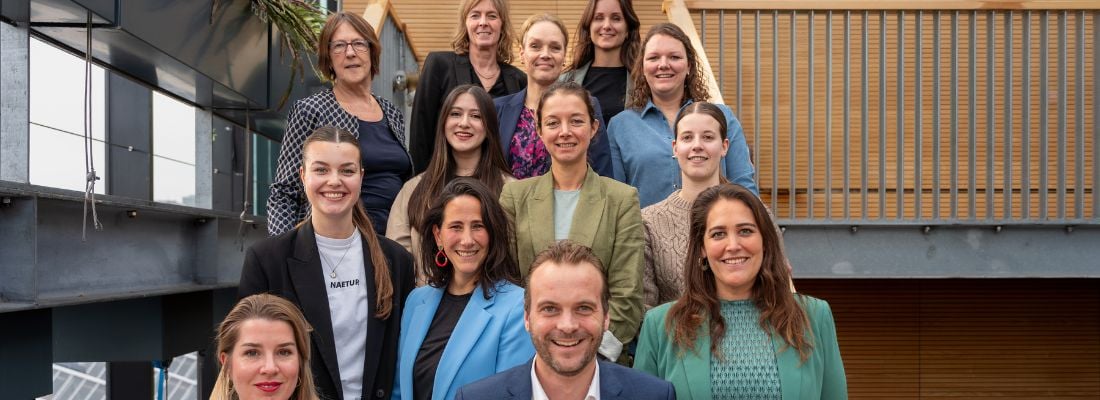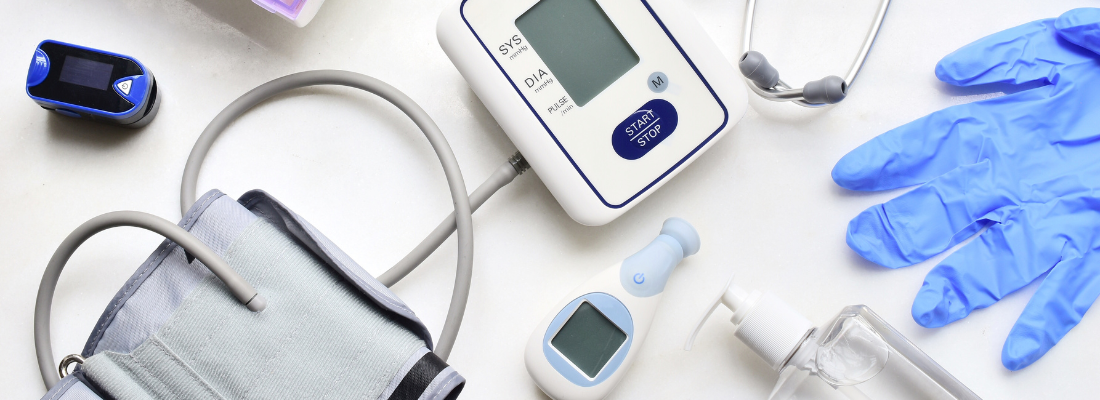Innovations in Commercial Cleaning Machines: Insights with Hako
The world of commercial cleaning machines is rapidly evolving, with technological advancements and market trends driving new innovations across the globe. In a recent Interclean Spotless podcast, experts from Hako shared their perspectives on the latest developments in both Europe and Asia. Frank Ulbricht, General Manager of Hako from Germany, and Michael Yu, Managing Director of Hako China, discussed how these markets differ and where they align when it comes to cleaning machine technology and trends.
Cleaning machine trends: Automation, battery technology, and data-driven solutions
1: Automation and robotics
One of the most profound changes in the cleaning industry is the rise of automation and robotics. In both Europe and Asia, the development and adoption of robotic cleaning machines have accelerated, offering new ways to address labour shortages and rising operational costs. Frank Ulbricht notes that one of the company's recent innovations, the RB75i robotic scrubber, exemplifies this trend. “Robotic scrubbers have become a big technological advancement,” he explains. "They are particularly useful in addressing the lack of available cleaning staff and the increasing pressure on cleaning costs."
While Europe has embraced robotic solutions primarily for efficiency and cost savings, the picture is somewhat different in China. Michael Yu highlights an interesting nuance: “In China, cleaning contractors are often paid by how many cleaners they employ, not necessarily by how efficient they are.” This system has led to a slower uptake of robotic solutions, as contractors are incentivised to keep more people on the job rather than adopt technologies that might reduce headcount. However, Yu adds, “There is still growing interest in robots in China, but it's often more about showcasing advanced technology and aligning with government policies that promote innovation.”
2: Data and connectivity
Data and connectivity are playing an increasingly important role in the cleaning industry, enabling companies to monitor and optimise their operations more effectively. Hako’s fleet management system, which offers real-time insights into machine usage and performance, is a prime example of how data can improve operational efficiency. “This system provides transparency on how machines are being used, whether there are any issues, and when preventive maintenance is needed,” Ulbricht explains.
In Europe, where operational efficiency and cost control are paramount, these data-driven solutions are quickly becoming standard. In China, while data and connectivity are still in the early stages of adoption, there is growing interest, particularly from large corporations and state-owned enterprises that are looking to modernise their operations.
3: Battery-powered cleaning machines
Another significant trend in both Europe and Asia is the shift towards battery-powered cleaning machines, reflecting the growing emphasis on sustainability. This is particularly true in Europe, where environmental, social, and governance (ESG) considerations are driving demand for energy-efficient, low-emission cleaning equipment. Hako has been at the forefront of this movement, with products like the Citymaster—a battery-powered outdoor sweeper—gaining traction in cities across Europe.
“Battery technology is advancing rapidly, and it’s a trend that’s here to stay,” Ulbricht says. "In Europe, it's driven by a combination of public subsidies and a strong focus on energy efficiency." The move towards renewable energy and electric vehicles in public cleaning fleets is a testament to Europe’s commitment to reducing its carbon footprint. Many European cities are adopting battery-powered sweepers and scrubbers to align with green city initiatives, which aim to reduce urban emissions.
In China, however, the adoption of battery-powered cleaning machines is still in its early stages. Yu points out that while there is growing awareness of sustainability, the market is still largely dominated by simpler, smaller cleaning machines. "China is several years behind Europe in terms of sustainability focus, but we are seeing increasing interest from government-owned companies and international businesses operating in China," he says.
Sustainability: A Growing Priority
Sustainability is a central theme in the cleaning industry, particularly in Europe, where regulatory pressures and customer demand are driving companies to adopt greener practices. Hako has responded by focusing on energy efficiency, circular economy principles, and the use of recycled materials in its machines. “We are constantly improving our machines to use less energy, and we’re also developing systems to refurbish and reuse components, contributing to the circular economy,” says Ulbricht.
While China lags behind Europe in terms of sustainability initiatives, Yu notes that this is beginning to change. "This year, we’ve seen a lot of interest from state-owned companies and international businesses in ESG reporting and sustainable solutions. It’s a trend that is likely to grow in the coming years," he says.
Localisation: Meeting regional needs
One of the key challenges for global companies like Hako is adapting their products to suit the specific needs of local markets. While Europe and Asia may share certain broad trends, the differences in customer requirements are stark. In Europe, the push towards sustainability and automation is driving demand for larger, more advanced machines. However, in China, the market is still heavily reliant on smaller, simpler machines.
Yu offers an example of how Hako has adapted its products for the Chinese market: "In China, many of the cleaning staff are older, often over 50 or even 60 years old. This creates a need for machines that are simpler to operate and maintain. We've developed features like automatic brush loading and voice guidance to help them use the machines more effectively." This localisation strategy is key to Hako’s success in China, where the needs of customers differ significantly from those in Europe.
Looking Ahead: The Future of Cleaning Machines
As we look towards the future, both Ulbricht and Yu agree that the trends of automation, battery technology, and data-driven solutions will continue to shape the industry. “In five years, I expect we will see even more advanced robotic systems, improved battery technologies, and greater use of AI in cleaning machines,” Ulbricht predicts.
In China, while the market may currently be dominated by smaller, simpler machines, Yu believes that there is significant potential for growth. “China is a huge market with a lot of small cleaning companies. As the market matures, we will see more demand for professional-grade machines, and companies like Hako will be well-positioned to meet that demand,” he concludes.
In summary, while Europe and Asia may be at different stages of development when it comes to commercial cleaning machines, the trends of automation, sustainability, and data connectivity are universal. As these technologies continue to evolve, the gap between the two regions is likely to narrow, creating new opportunities for innovation and growth across the industry.
